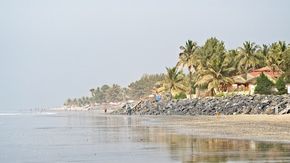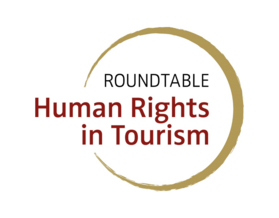It is not by coincidence that the independence of many African and Caribbean states in the 1960s coincides with the beginning of the mass tourism era in European long-distance travel. While the former colonial powers lost their economic interest in the regions, new sources of income had to be found quickly. The same language, the enormous economic disparity, and the climatic differences made the newly independent states attractive for tourism - charter flights and beach resorts emerged. Up to today, all-inclusive hotels characterise the tourist product from Barbados to Sri Lanka. When travellers leave their hotels, they visit Gothic parliament buildings, Baroque churches, or colonial harbours. However, travellers usually learn nothing about the suffering caused by the colonial maritime trade and slavery - also out of concern that this topic could offend the paying guests.
Instead of bringing postcolonial independence through good jobs, tourism has often created new neocolonial dependency. Our article from The Gambia describes how internationally dominated tourism has first created over-indebtedness and then new dependencies and vulnerabilities. The examples of global surf tourism and tourism marketing in the state of Bahia in Brazil show that tourism can entrench neo-colonial power structures when it commercialises cultures and turns them into exotic clichés. The examples from Berlin and other European metropolises show that the baroque tourism magnets of today were built also with money from slave trade.
If tourism wants to fulfil its promise of contributing to mutual learning and understanding, an active confrontation with the colonial origins of travel, which still impact tourism today, is a precondition. De-colonising tourism is an important task for decision makers from public and private sector. Tourism marketing, travel book authors, bloggers, tour guides, and also tour operators have a responsibility. With better information they help tourism to unfold its emancipatory potential, instead of upholding global colonial power structures.


![[Translate to english:] Graffiti](/fileadmin/tourismwatch/_processed_/7/5/csm_Bekky_Bekks_unsplash_82cec6d1cd.jpg)





